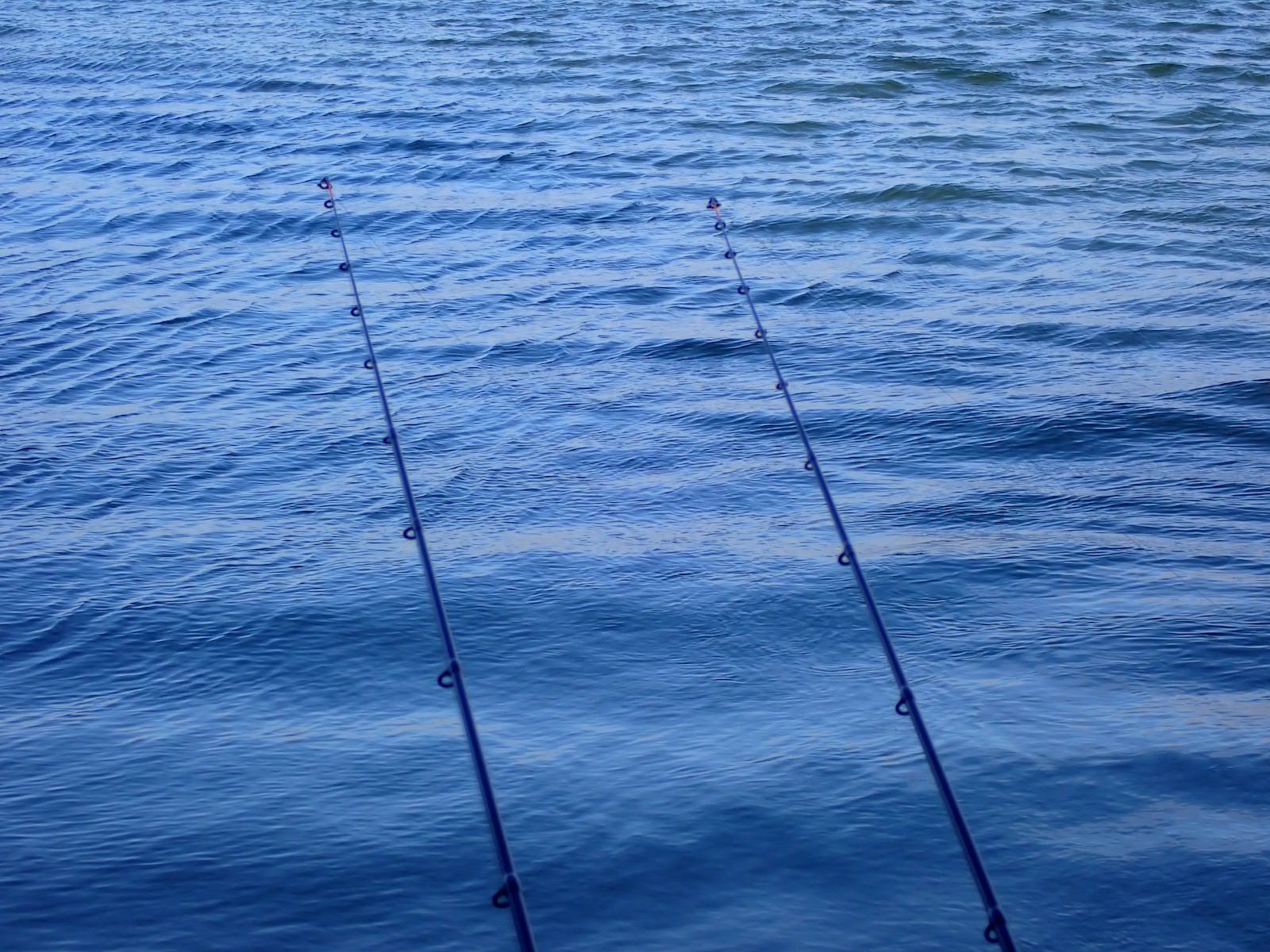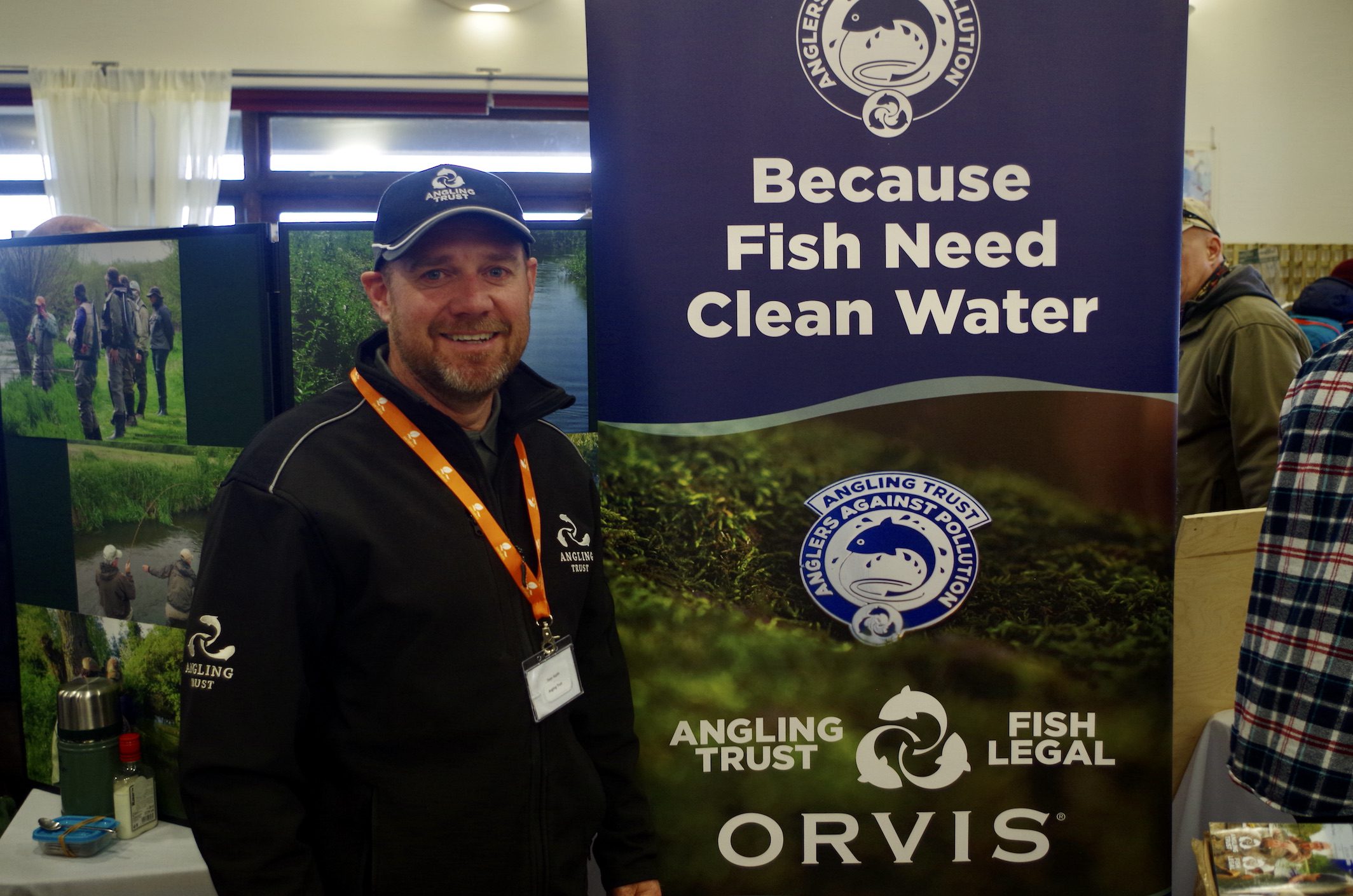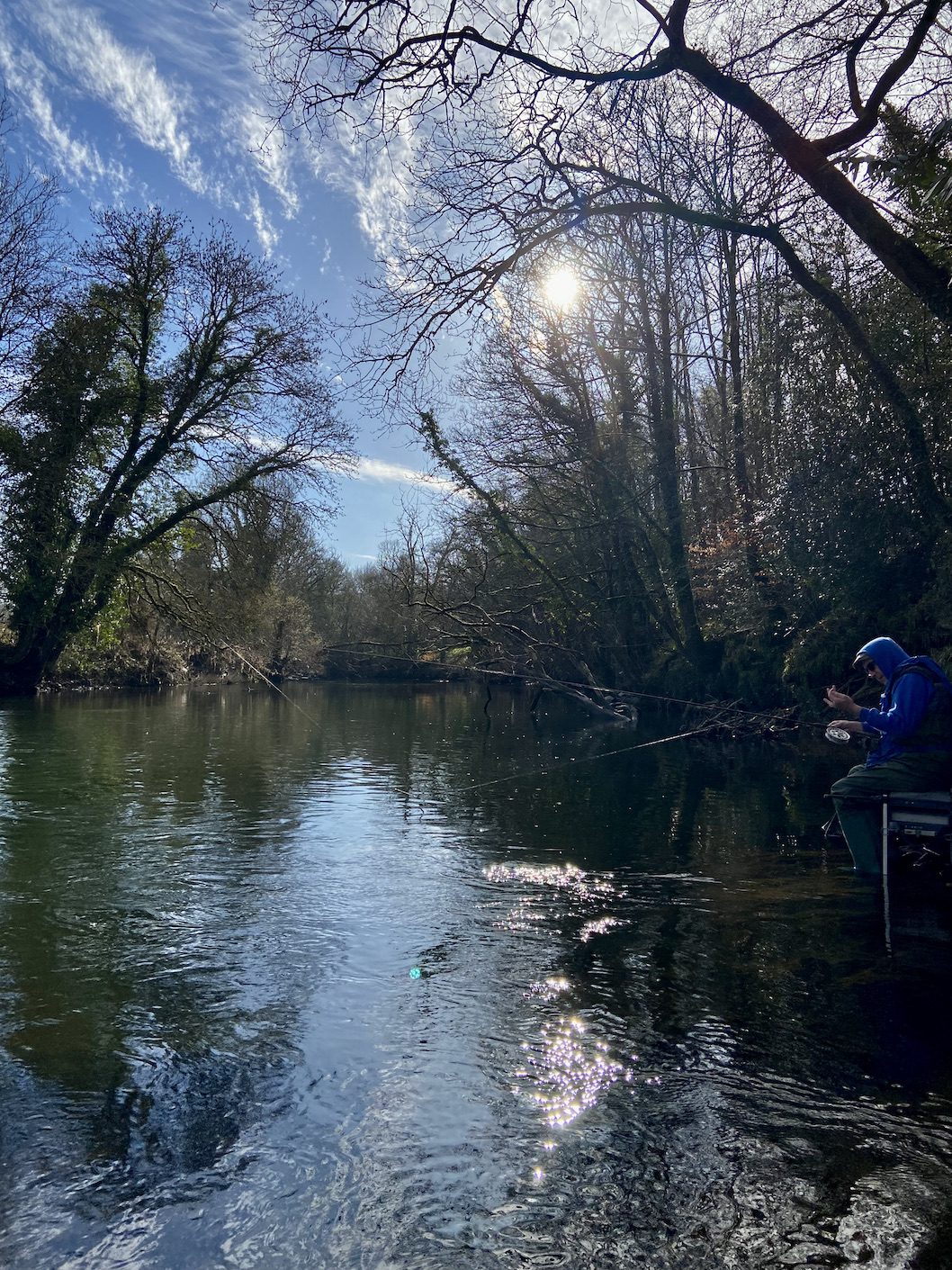
Angling is a very divided pastime with each discipline having its dedicated band of practitioners. Historically angling has been split into Coarse, Sea and Game yet even within these parameters each discipline is segmented into different groups. In Coarse fishing we have specimen hunters, carp anglers, pleasure anglers and match fishers. Sea anglers can to some degree be split between shore, boat, match fishers, specimen hunters, LRF and those who fish primarily for the table.
Even within these branches there are those disciples of a particular style or method. For example, within carp fishing circles there are traditionalists who use vintage tackle and methods stalking the fish they seek. Then there are those who employ modern technics and tackle to deceive the carp using a trapping mentality that can involve long stays camping at the water’s edge.
I could write on about these differing strands of angling but hopefully I have made my point. Times change though and as always angling evolves within society and perhaps reflects the times we live in.
I am a rare breed in that I am a true allrounder casting my line into many waters for a wide range of fish. I truly struggle to say what my favourite fish or technique is often stating that I will fish for anything that swims.
In addition to fishing, I enjoy reading about fishing, writing about fishing and talking about fishing. Being passionate about the pastime I inevitably get drawn into the politics of it all from time to time.
It is probably true to say that many anglers try to keep clear of politics though there are of course numerous keyboard warriors on social media.
One issue that should unite all anglers is the dramatic decline in nature, its eco systems and of course fish stocks. In an ideal world all those who care for nature would work closely together putting their differences aside for the greater good. Sadly, this just isn’t the case at the moment. One issue is of course the moral question posed by those who think angling is cruel. Then there is the all too frequent confrontations between canoeists, wild swimmers and numerous other water users.
Fortunately, there is growing unity amongst many who enjoy the outdoors and the water’s edge. Pollution from agriculture, sewage and industry is destroying our rivers and the seas into which they flow. Nobody wants to swim, paddle or fish in filth so there is a growing desire to get those in power to sort it out.

It is fair to say that the angling sector having most influence in this area is the game fishing fraternity. In the UK freshwater gamefish are determined as Salmon, trout and grayling all of which have an adipose fin. In England’s historic class hierarchy these fish were fished for by the upper classes. The coarse fish and sea fish were predominantly the domain of the lower to middle classes.
This was put to me during a discussion at a recent meeting when I was expressing concern at the lack of engagement between sea anglers and the state. Recent restrictions on netting in estuaries that benefit sea anglers in protecting bass and mullet stocks were largely brought about by lobbying of those in power by River Associations whose members are primarily salmon and sea trout anglers.
It is fair to say that there are far more sea anglers and coarse anglers than game fishers and yet the minority who fish for salmonoids seem to have greater influence. Is this because they have more money, because they move in privileged circles, because they are better organised or better educated?
Such questions seem wrong, politically incorrect but there is undoubtedly an undercurrent with our history that perhaps lingers.
Apathy within many angling community’s and a distinct dislike and distrust of authority runs deep. Whilst angling is undoubtedly one of the biggest participant sports in the land with estimates ranging between one and five million the number who actually belong to its governing body number just thousands.
It engages huge numbers of people – estimated to involve around 900,000 fishing in freshwater in England and Wales and around 750,000 people who fish in the sea every year in the UK3.
A thorny topic amongst sea anglers has been a suggestion that there should be an angling licence . Such suggestions often result in indignant statements that fishing in the sea is free and always should be. The finance raised would not be used to protect or promote angling interests, Just another tax and so on.
Freshwater anglers have to buy a licence and revenue from this is used to protect and promote angling via the Environment agency in liaison with the angling trust.
But perhaps this is the only way that sea angling will be truly recognised and valued? Sea angling is undoubtedly of more value to the economy than the commercial sector but this is not widely acknowledged.
Licence or not sea anglers as stakeholders do not in general engage with the bodies that manage our waters. I sit on the D & S IFCA as a general member and have engaged with MMO consultations. Of the thousands who cast a line in sea water how many actually get involved as stakeholders?
The D & S IFCA website is worth a visit if you want to get a bit of background on fishy politics and management of our waters.
https://www.devonandsevernifca.gov.uk/

